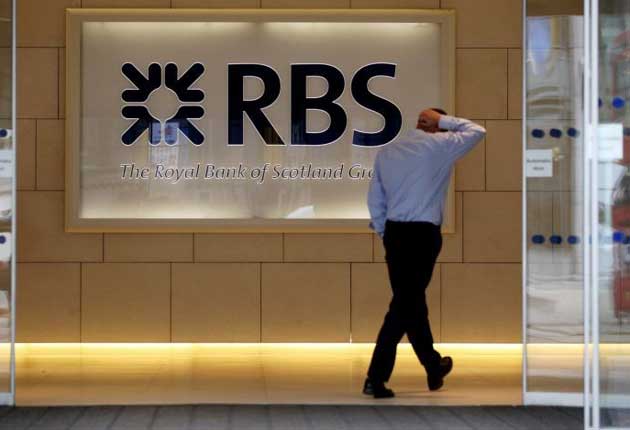David Prosser: No justice in handing Fred the Shred to the lynch mob

Outlook They were mad, not bad. That is how one might summarise the view taken by the Financial Services Authority in deciding not to take any further action against Sir Fred Goodwin and his fellow directors at Royal Bank of Scotland, despite the way they ran their bank aground.
No surprise that the FSA's announcement yesterday sparked howls of protest. It may now be two years since public anger saw vandals attack Sir Fred's Edinburgh home, but the banking crisis has not been forgotten, let alone forgiven. How could it be with most of the country now facing up to the hardship of repaying the debts run up during the crisis while bankers prepare for another bumper pay round?
Still, the regulator has made the right decision. It has spent 17 months searching for grounds to bring legal action against Sir Fred and his former colleagues. If none were found, then action could not be taken, public outrage notwithstanding.
The FSA has accepted its share of the blame for the financial crisis. But though it clearly failed to supervise many of our leading banks, it was not responsible for the legislation governing malfeasance. It is unfair to attack the regulator now for the fact there is no case to bring under this legislation.
However, one aspect of the FSA's decision is peculiar. Though the regulator made it clear yesterday that future applications from any of the major players in the RBS collapse for positions of influence in the City would be viewed pretty dimly, it has stopped short of outright bans. Why has it not sought the same sort of deal for Sir Fred as it agreed with Johnny Cameron, RBS's former investment banking chief, who has promised never to take another full-time role in financial services?
It is also disappointing that the FSA feels unable to publish the report it compiled during its investigation of RBS. Those who are angry about the actions of RBS are not entitled to sacrificial lambs, but they do deserve a full account of why the regulator has reached the decision it has.
Join our commenting forum
Join thought-provoking conversations, follow other Independent readers and see their replies
Comments